Research Experience and Mentoring (REM):
Summer Research Experience
Overview
The Research Experience and Mentoring (REM) program with the Multifunctional Integrated Systems Technology (MIST) Center is a summer research experience for researchers from two-year colleges to join an ongoing engineering research project. Over the duration of the 8-week on-campus internship students will work on projects focused on next generation technologies for the Internet of Things (IoT).
The growth of the Internet of Things (IoT), artificial intelligence, and machine learning, among other emerging digital technologies, has ushered in what’s known as the 4th Industrial Revolution. This revolution has created a growing market for wirelessly connected devices across various aspects of life, including buildings, medical technology, vehicles, and consumer products like wearables. This surge in edge devices, situated near end-user applications, presents significant opportunities for innovations in materials, devices, and manufacturing processes, enabling multifunctional hardware for computing, sensing, wireless communication, power, and integration at the edge. Participants in the REM program will engage in projects aligned with MIST Center thrust areas, driving advancements at the edge. Sample projects for each thrust area are provided below.
Contact
Please email Jenny Andrew or Shelby Powell if you have additional questions not answered by the FAQ below.
Dates
Application Deadline: April 20, 2024
REM Dates: June 2 – Aug. 2, 2024
Projects
1. Computing: Hierarchical Attention Oriented Region-based Processing (HARP) for High-Performance Image Sensors. (Mentor: Prof. C. Bobda, Electrical and Computer Engineering).
The Bobda group develops architectures for image processing. The student working on this project will develop skills in architectural design, simulations, and physical realization using AMD’s KRIA KV260 device, which is valuable for understanding and implementing advanced image processing techniques. They will also gain expertise in designing efficient systems with a focus on capturing and analyzing image data.
2. Integration: Flexible Smart Sensors for Heat Stress Monitoring (Mentors: T. Nishida, Electrical and Computer Engineering, Z. H. Fan, Mechanical Engineering)
The Fan and Nishida group work to develop flexible electronics, including smart sensors for heat stress monitoring. A REM student will aid in the fabrication of sensing elements for the optimization of flexible smart sensors. The student will be trained on screen printing, electronic testing, and integration. Various sensing designs, printing conditions, and environmental conditions will be investigated, and their effects on the sensor performance will be studied.
3. Sensing: Uncooled Nano-Optomechanical Infrared Detectors (Mentors: Prof. P. Feng, Electrical and Computer Engineering)
The Feng group develops nanoeletromechanical infrared detectors. A student will aid in the analytical modeling and computer simulations (COMSOL Multiphysics) of nano-optomechanical resonators, including coupled opto-thermal-mechanical effects, as well as data acquisition and analysis in the optomechanical measurements of the IR detecting pixel devices. The student will be trained in relevant analytical models, computational and data acquisition/analysis tools, and on how to assemble and measure devices.
4. Sensing: Calibration techniques for high operational temperature micro sensors (Mentor: M. Sheplak, Mechanical Engineering)
The Sheplak group focuses on the design, fabrication, and characterization of high-performance, instrumentation-grade, MEMS-based sensors and actuators that enable the measurement, modeling, and control of various physical properties. The student working in this lab will aid in developing calibration methods for high temperature microsensors for aerospace applications.
5. Power: (Mentors: A. Khalifa, B. Chatterjee, Electrical and Computer Engineering)
The Khalifa and Chatterjee lab focus on developing smart textiles for wearable devices. The student working on this project will aid in the design and measurement of smart-textile-based powering and communication of wearables around the human body. The RP will be trained in designing coils for energy harvesting, design of electrodes, adaptive impedance matching techniques, and electrical measurements.
6. Wireless: Ultra-Compact Magnetoelectric Nanowire Antennas (Mentor: J. Andrew, Materials Science and Engineering)
The Andrew group develops nanocomposite materials for a range of electronic and medical applications. The student working on this project will aid in the synthesis of magnetoelectric nanowires to understand the impact of their structure and morphology on device performance. The student will be trained in synthesis of nanowires, their assembly and materials and device characterization, including x-ray diffraction (XRD), scanning electron microscopy (SEM), magnetometry and electrical impedance measurements, among others.
Frequently Asked Questions
Application Questions:
No, we are unable to accept any late applications.
Check out this article on how to ask for a recommendation and who to ask. Always remember to ask early and give them as much information as you can to help them construct a useful letter!
No, you do not! We are accepting applications from all majors in STEM. MIST is an interdisciplinary center with contributions from electrical and computer engineering, materials science and engineering, mechanical and aerospace engineering, chemistry and more.
Program-specific Questions:
You will gain hands-on experience with experimental techniques in addition to technical and communication skills. Depending on the specific project, the exact skills may vary. Along the way, you’ll get opportunities to work in teams through both formal instruction and through conducting science.
Project Team
MIST Center REM Coordinators
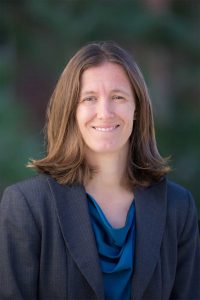
Dr. Andrew received a B.S. degree in Materials Science and Engineering from Northwestern University and a Ph.D. degree in Materials from the University of California, Santa Barbara. She performed postdoctoral work as a UC President’s Postdoctoral under Professor Michael Sailor at the University of California, San Diego.
Research expertise: nanomaterials, nanocomposites for electronic and biomedical applications, magnetic materials, multiferroics, polymers
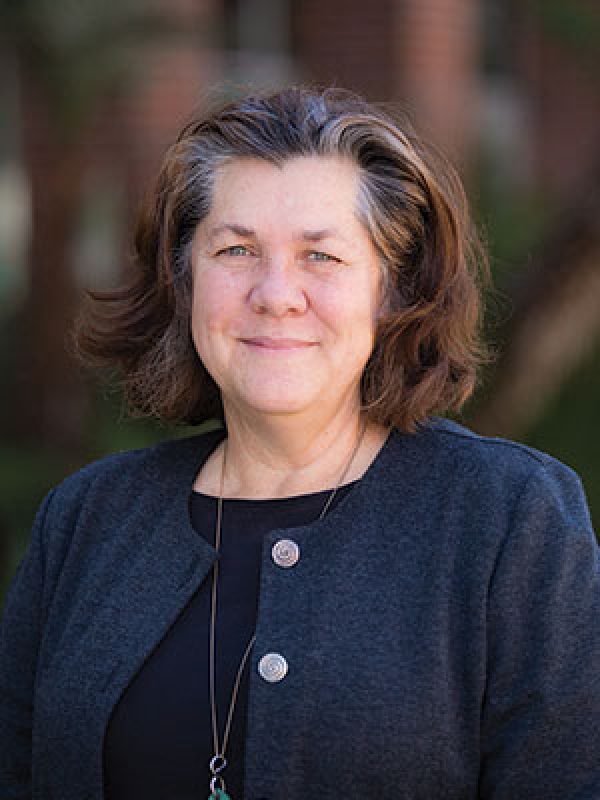
Dr. Ruzycki specializes in Materials Science and Engineering. She directs undergraduate laboratories and leads the EQuIPD Grant at the University of Florida. Her research focuses on teacher professional development using a systems thinking framework
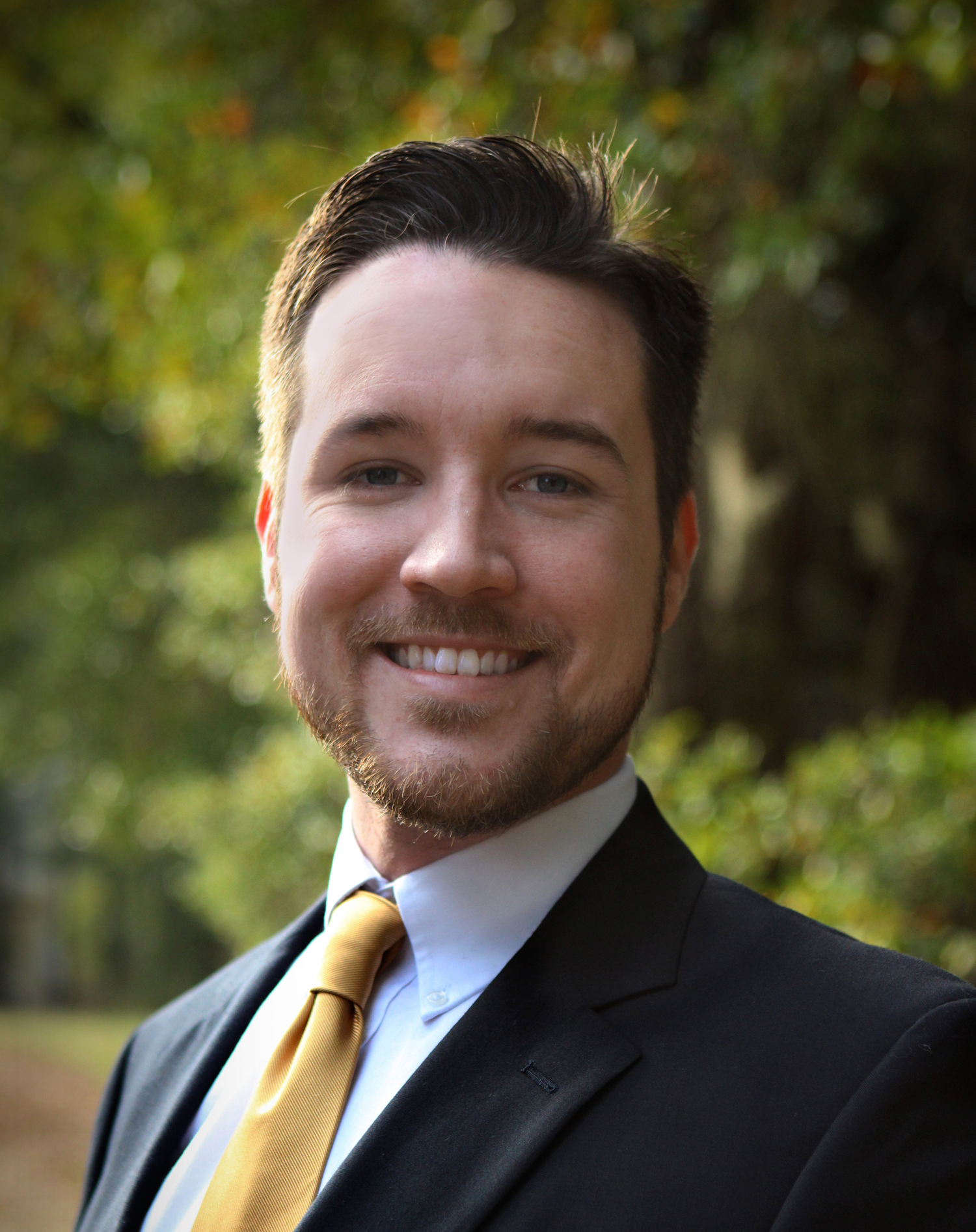
Mr. Powell serves as the managing director for all three MIST sites. His background is in marketing and project management. He has created and managed communications campaigns on a national scale for the biotechnology and construction industries.
Faculty Mentors
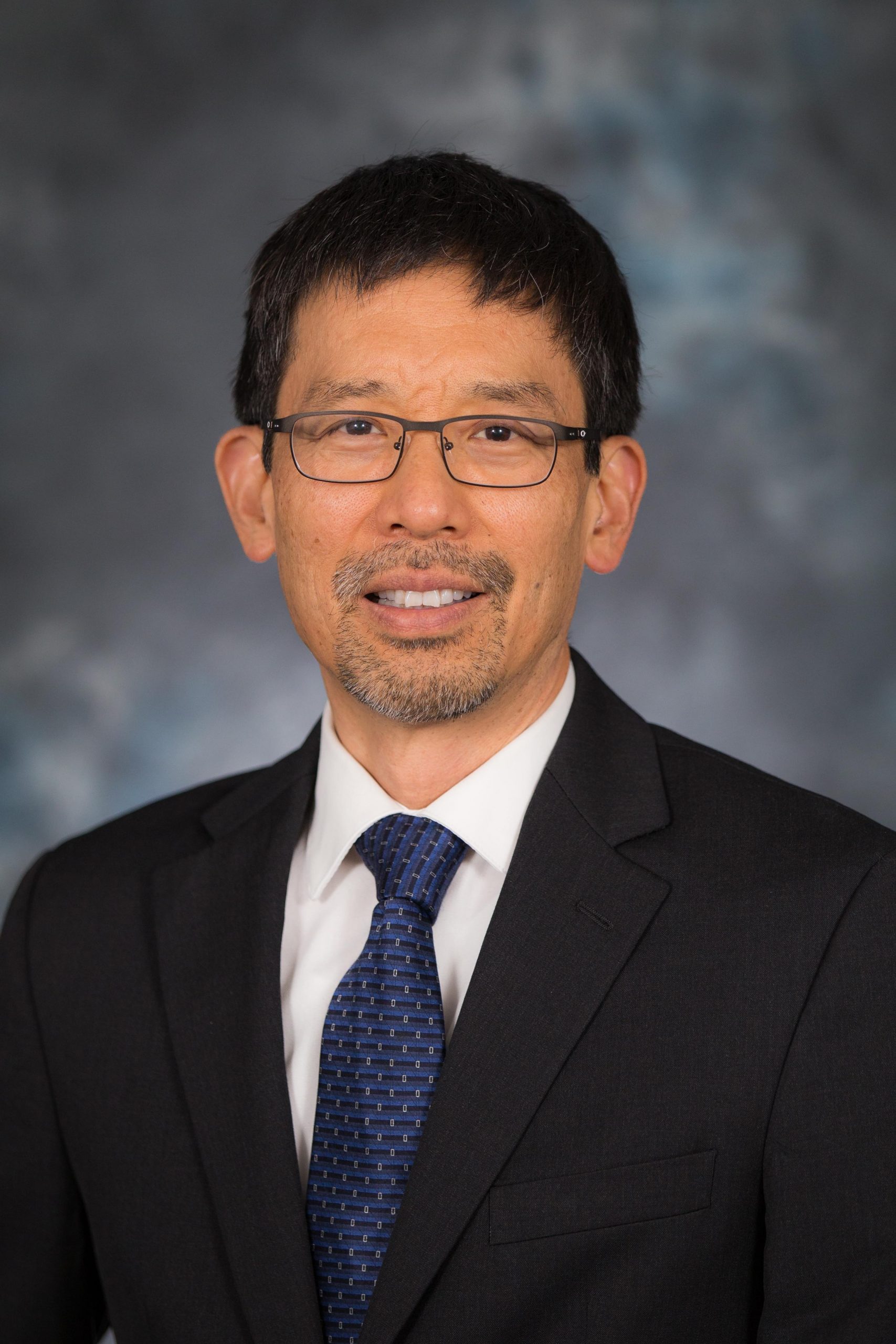
Dr. Nishida received his Ph.D. (1988) and M.S. degrees in Electrical and Computer engineering and B.S. degree in Engineering physics at the University of Illinois at Urbana-Champaign. With colleagues and students, he has published over 130 refereed journal and conference papers and received three best paper awards. He also received the 2003 College of Engineering Teacher of the Year award. He holds six U.S. patents. He is a distinguished lecturer for the IEEE Electron Devices Society and a senior member of IEEE.
Dr. Nishida’s research interests include the development of reliable, high performance, multi-functional semiconductor devices and solid-state physical sensors and actuators for microsystems employing strained Si, SiGe, GaN, ferroelectrics, and polymers. Applications include biomedical, energy harvesting, logic, and micro-electro-mechanical systems.
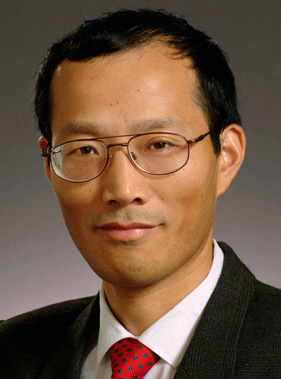
Dr. Fan, before joining UF, he was a Principal Scientist at ACLARA BioSciences Inc. and a Member of the Technical Staff at Sarnoff Corp. His research focuses on microfluidics, BioMEMS, and sensors, aiming to create portable lab-on-a-chip devices for applications like point-of-care testing and environmental monitoring.
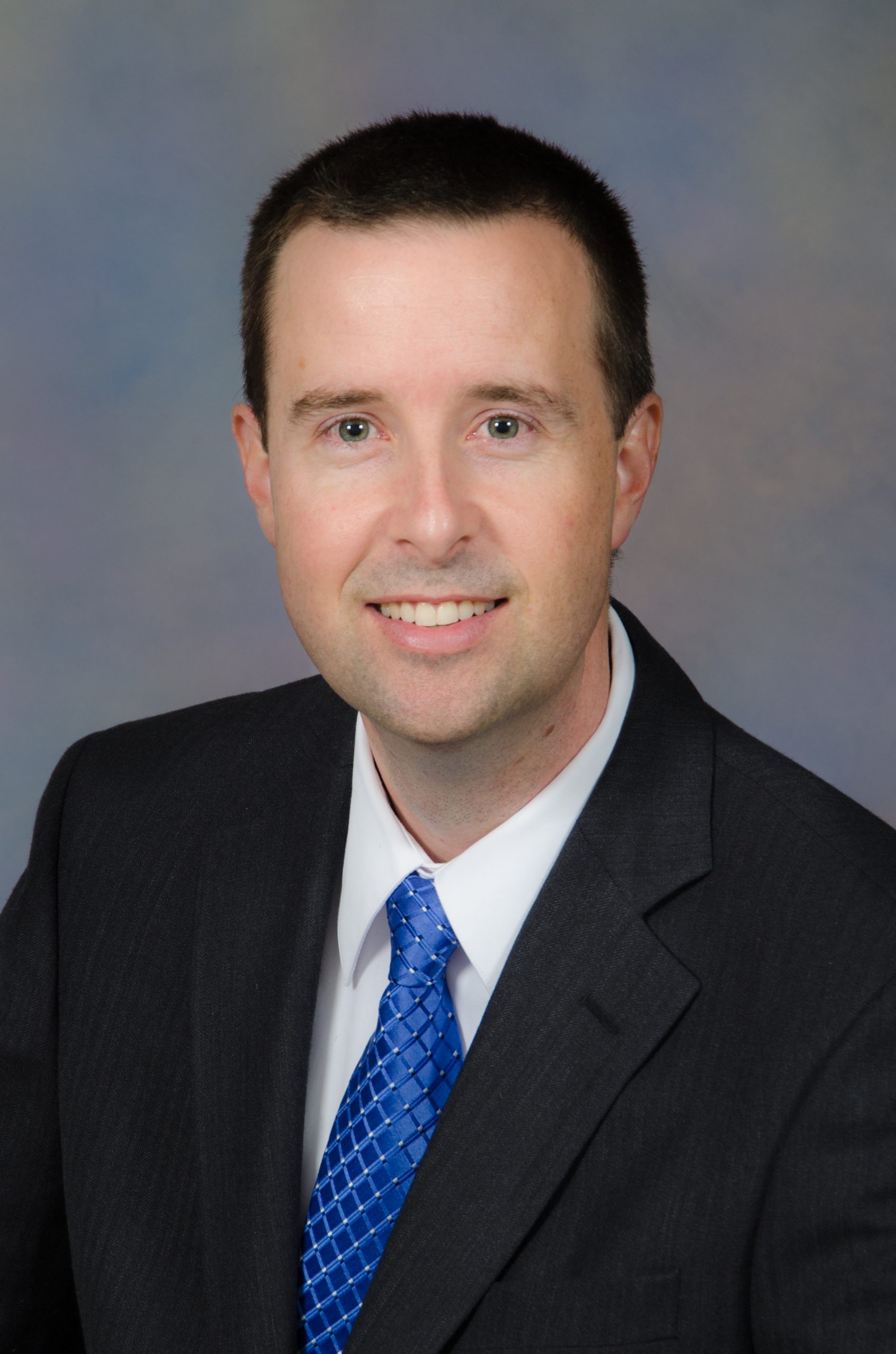
Dr. Arnold focuses on magnetic thin/thick films, magnetic micro/nanostructures, and compact power/energy systems. Dr. Arnold has received prestigious awards, including the 2008 Presidential Early Career Award in Science and Engineering (PECASE) and the 2009 DARPA Young Faculty Award
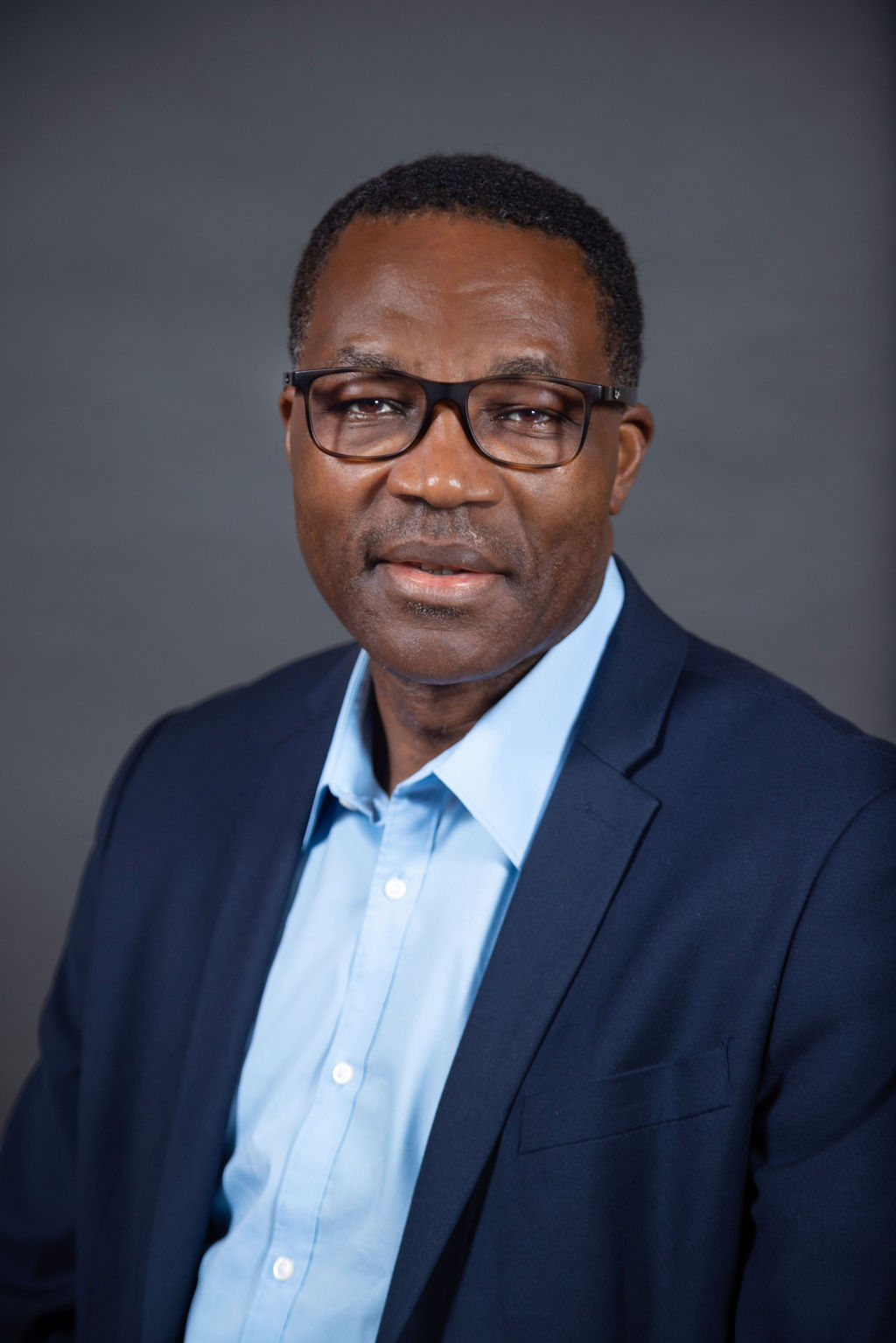
Dr. Bobda earned his Ph.D. in Computer Science with honors from the University of Paderborn, Germany. His research work on synthesis of reconfigurable systems garnered him the best dissertation award in 2003. Dr. Bobda has held positions at various universities, including University of Erlangen-Nuremberg, University of Kaiserslautern, and University of Potsdam. He is a Senior Member of the ACM and actively contributes to conferences and journals in the field of reconfigurable computing.
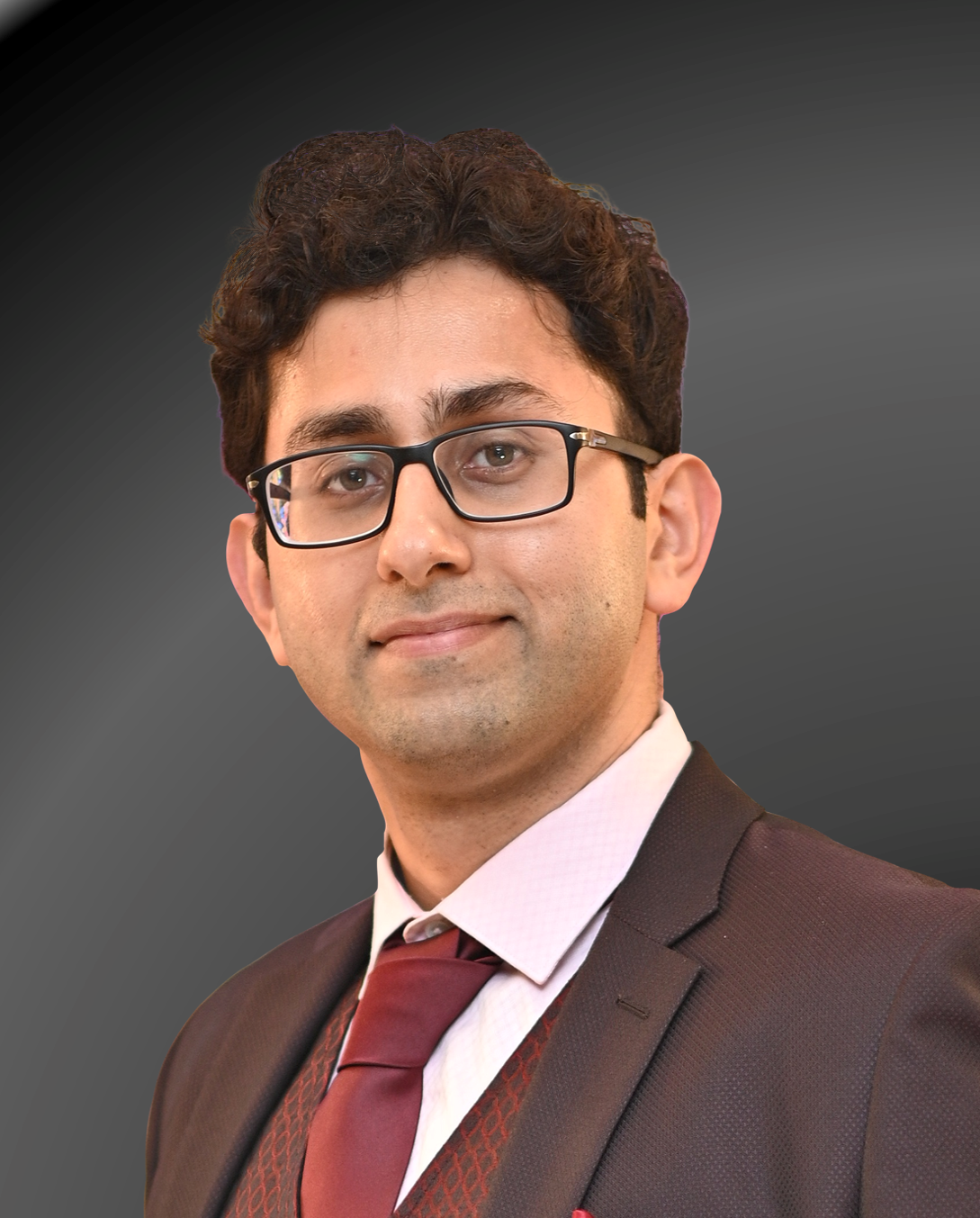
Dr. Chatterjee earned his Ph.D. from Purdue University. His research focuses on low-power analog, RF, and mixed-signal circuit design for secure and intelligent IoT applications. Dr. Chatterjee has received several awards, including the Bilsland Dissertation Fellowship, Best 3-Minute-Thesis (3MT) presentation award, and multiple Best Paper Awards. He actively contributes to IEEE/ACM journals and conferences.
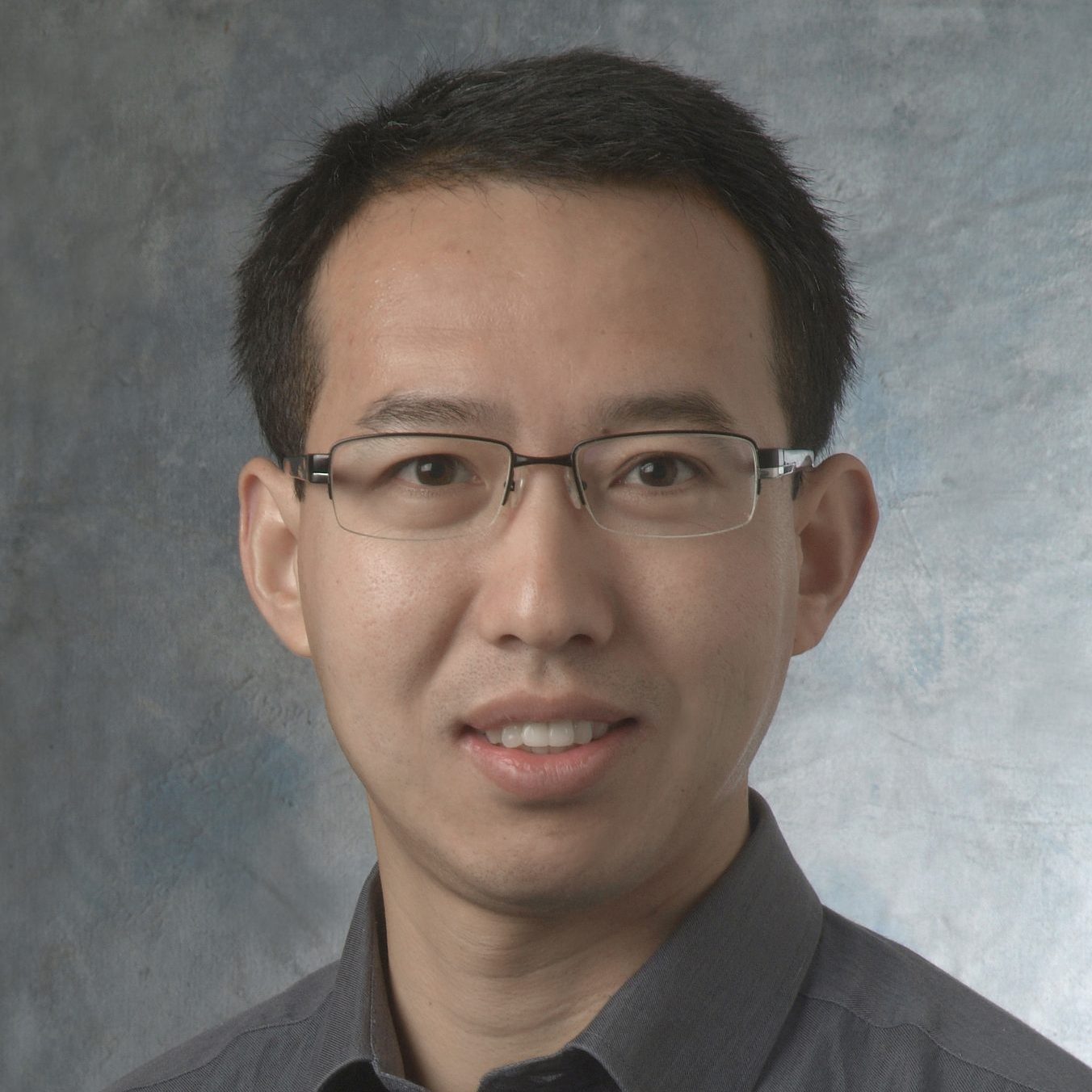
Dr. Feng received a Ph.D. in Electrical Engineering from California Institute of Technology (Caltech) in 2007. His research has primarily focused on resonant micro/nanoelectromechanical systems (MEMS/NEMS), especially those based on low-dimensional (2D, 1D) materials, advanced semiconductors (SiC, III-nitrides, oxides), as well as other solid-state electronic/photonic structures, quantum devices, and integrated systems.
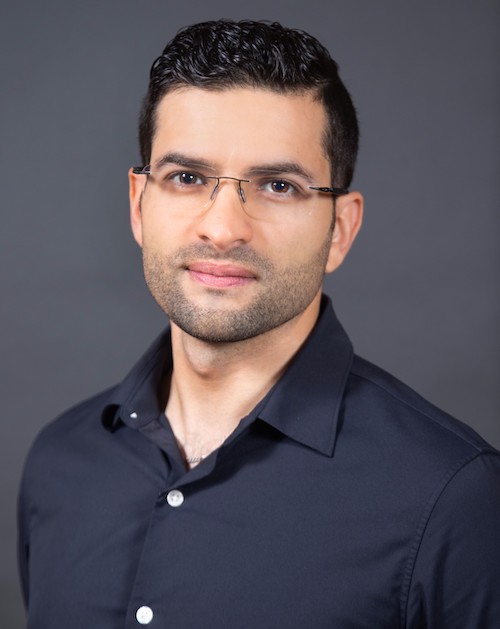
Dr. Khalifa is an Assistant Professor of Electrical and Computer Engineering at the University of Florida, where he is also affiliated with the Department of Biomedical Engineering. He is a transdisciplinary innovator in the field of neuroengineering and has been developing neural interfacing technologies since 2010